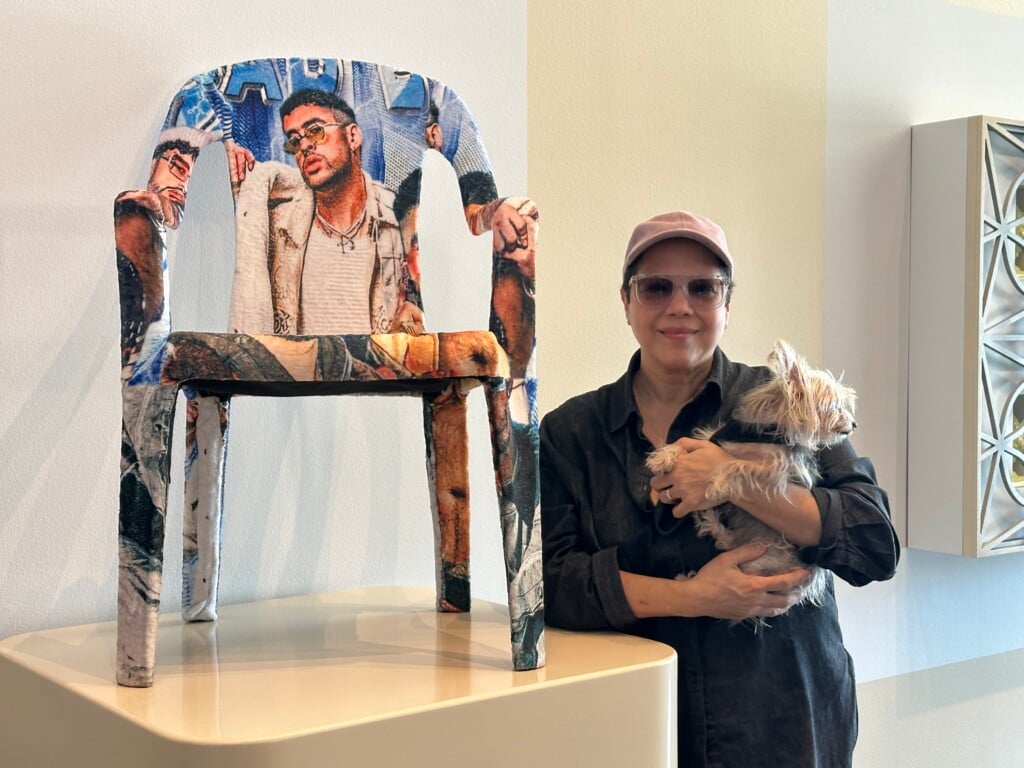Ripple isn’t the only company spinning garbage into goods

When I spoke to Steve Russell for my story about Ripple Glass this week, he seemed to confirm my — and many recyclers’ — fears about the fate of the bottles, cans and paper products we toss in our curbside bins each week.
Russell is the St. Louis-area manager for Strategic Materials, one of the largest recycling companies in the country. For years, the facility in the Gateway City received a portion of Kansas City’s glass recycling stream. But not everything that comes into the warehouse, Russell told me, leaves for reuse.
“We throw in the landfill 40 to 50 percent of it,” Russell said of the often-contaminated loads of metal, glass and plastic. “It’s just unusable.”
Ripple Glass is changing the precarious and unknowable fate of Kansas City’s recycled glass. Instead of being picked up by a waste hauler that hates the hassle and sent to a distant processing plant that may trash it, old beer bottles and pickle jars will never leave Kansas City. Instead of suspecting the worst, local residents who toss their empties in Ripple’s collection bins know exactly where their glass is going: to an Owens Corning facility to be turned into insulation.
“A six pack will create enough insulation for an eight-foot wall cavity,” says Gale Tedhams, the Ohio-based corporation’s director of sustainability. “So, it really is up-cycling. The use of that glass will be even more valuable to the world. In the life of the building it could last 100 years or more. It’s a great story.”
One the By-Product Synergy Project is trying to replicate across the region.




